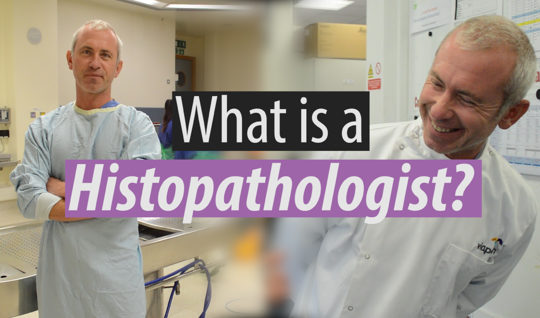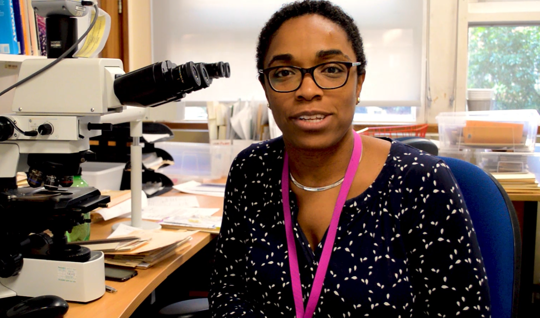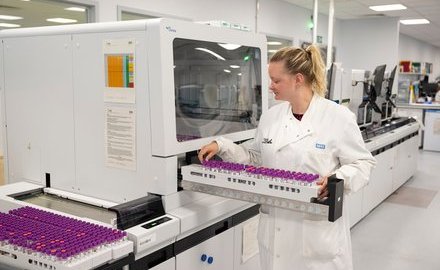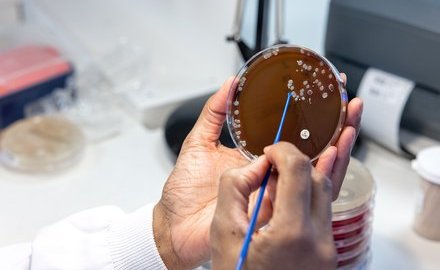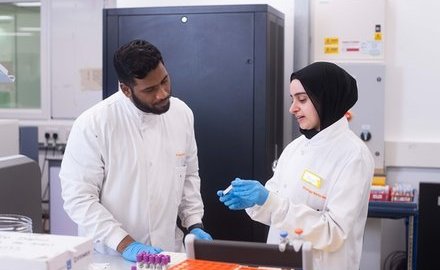Become a histopathologist
Whenever tissue is taken from a person’s body to be examined, a histopathologist is responsible for examining the sample and returning a diagnosis. Hospitals process tens of millions of histopathological slides every year, which explains why histopathology is the largest specialty in pathology.
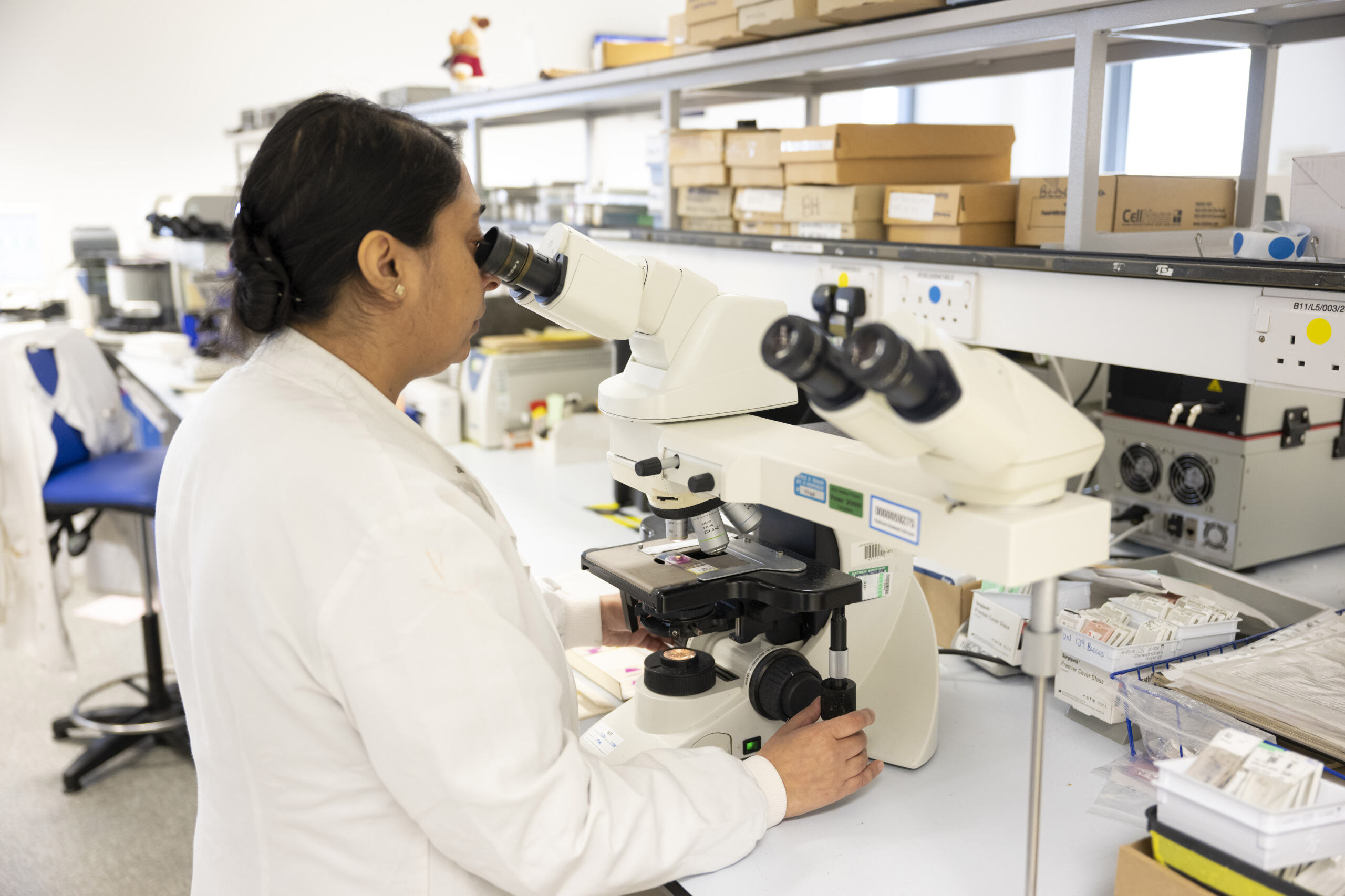
Histopathologists are expert doctors who are responsible for diagnosing and studying disease in tissues and organs, including cancer and inflammatory diseases such as ulcerative colitis and Crohn’s disease. They reach their diagnosis by examining samples of tissue, usually a small ‘biopsy’, and detecting changes that explain what is causing a patient’s illness.
Because their area of work is so broad, histopathologists tend to focus on a few parts of the body. They work closely with other doctors, scientists and healthcare staff to manage a patient’s care, playing a vital role in diagnosing cancer.
At the moment, many slides are still examined using a traditional microscope and a trained eye. But the invention and development of digital pathology – where samples can be scanned, magnified thousands of times over and shared at the click of a button – could transform laboratories in the future.
If you want to hear more from Mark, watch the full interview on our YouTube channel.
What will my working environment be like?
As a histopathologist, you’ll work in a hospital, alongside many other doctors, nurses, laboratory staff, biomedical scientists, secretaries and mortuary staff. Most histopathologists don’t have direct contact with patients, but their work plays a vital role in patient care.
On a typical day, a histopathologist may spend time in the laboratory cutting up tissue specimens for processing by other laboratory staff, and time in their office making diagnoses at the microscope and writing reports on patients for doctors. They also present and discuss patient cases with doctors, nurses and other healthcare professionals at multidisciplinary team meetings. They often get involved in teaching and research in their expert area.
What skills will I need?
- Dexterity – to be able to slice pieces of tissue finely to produce good sections for analysis under a microscope.
- A good eye for patterns – many diseases look very similar, so being able to spot small differences is important.
- A team player – you’ll be working with a range of people in a healthcare team, from doctors to mortuary staff. You’ll sometimes need to explain complex diagnoses to people with less medical understanding.
Find out what it's like to be a histopathologist in practice by following the journey of a biopsy:
How will I train?
To become a histopathologist, you’ll need to complete:
- undergraduate training at medical school
- the UK Foundation Training Programme or equivalent
- specialty training in histopathology.
Learn more about training to be a histopathologist.

